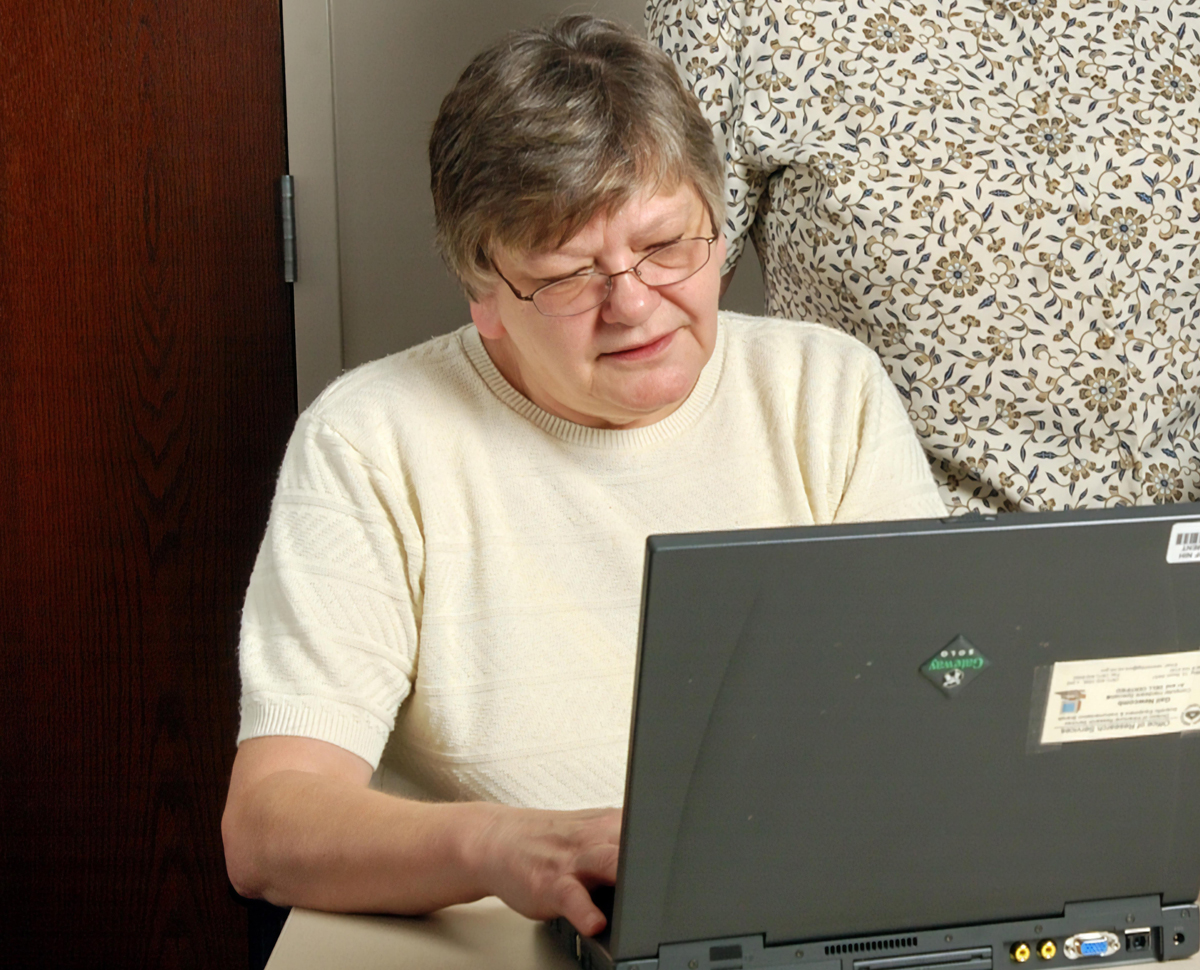 |
| Education materials for glaucoma patients need to be easy to read and understand for the information to reach more people. Photo: National Cancer Institute on Unsplash. |
The complexities of glaucoma are often difficult for the disease’s predominantly elderly patient population to grasp, and this can undermine your treatment efforts. Adherence to glaucoma medication is an ongoing issue among patients, and evidence suggests there is a link between low compliance and low literacy levels. Given the widespread use of the internet to gather health information, researchers recently initiated a study to determine the readability and quality of online patient education materials for open-angle glaucoma.
The top 10 relevant Google searches for nine glaucoma medications and three generic searches for readability and accountability were analyzed. The team used four JAMA benchmarks—Flesch Reading Ease Score (FRES), Flesch-Kincaid Grade Level (FKGL), Gunning Fog Index and Simple Measure of Gobbledygook Index—to gauge readability.
The analysis included 111 articles. The researchers reported that only 9% of the webpages met all four JAMA benchmarks. Overall, the majority of websites on the medical treatment of glaucoma were classified as too difficult to read for most of the general population.
The FRES score for all of the articles was above the recommended sixth grade reading level, according to the study authors. Twenty-four percent were written at the college graduate level or higher. The findings also showed that the average FKGL score was at the ninth grade level. Eighty-five percent had an FKGL score above the recommended reading level.
These findings emphasize the need for greater awareness around this issue, as the readability of current glaucoma literature may be compounding health inequalities, the study authors noted.
“People with limited health literacy are known to less successfully manage long-term health conditions, and people with fewer financial and social resources are more likely to have low health literacy,” they concluded in their paper. “By improving health literacy, it can help improve patients’ adherence to medical instruction and empower them to effectively manage long-term conditions.”
Crabtree L, Lee E. Assessment of the readability and quality of online patient education materials for the medical treatment of open-angle glaucoma. BMJ Open Ophthalmol. March 28, 2022. [Epub ahead of print]. |

